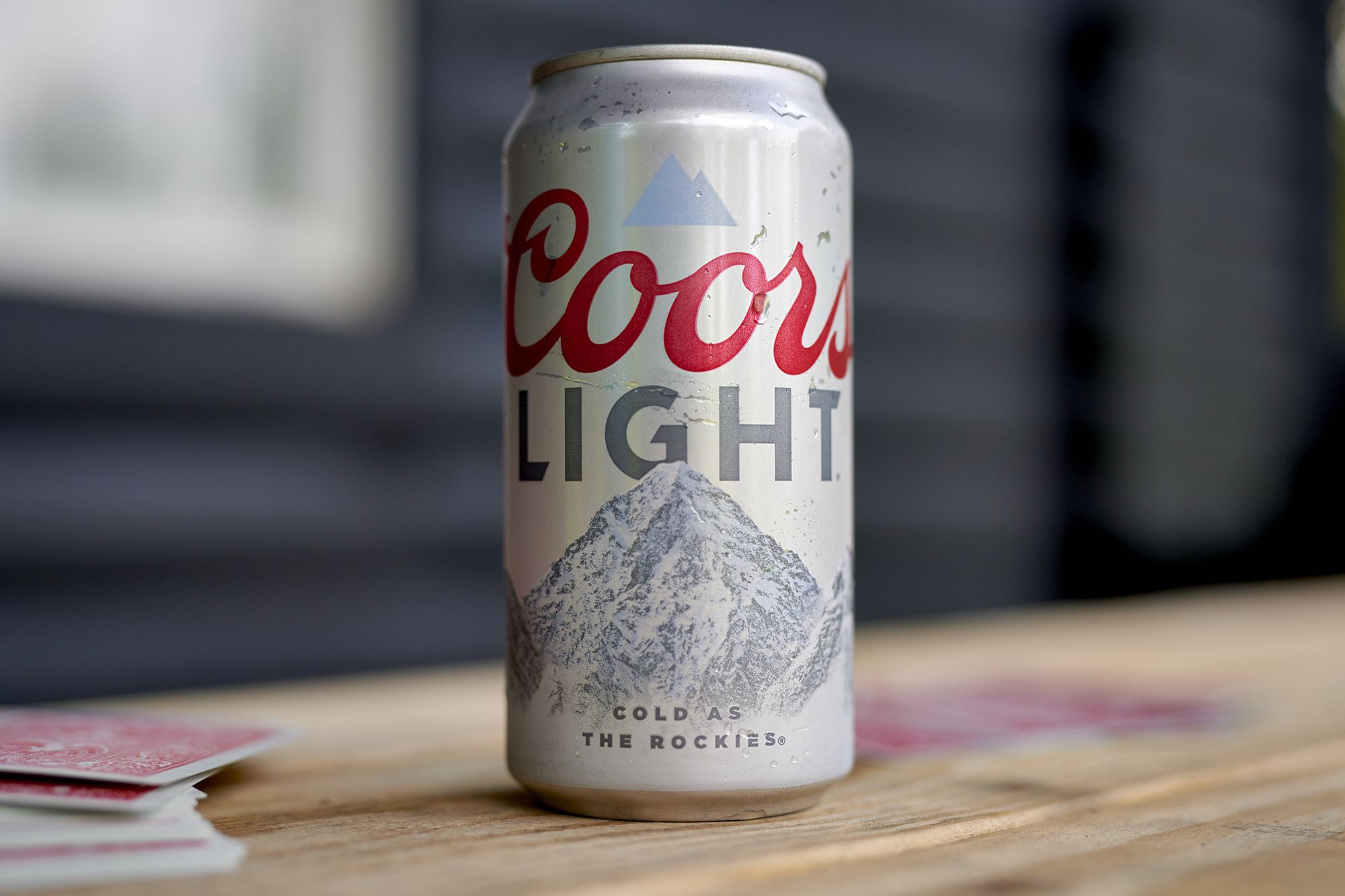
Ever wondered what's really in that can of Coors Light you're sipping on during game night? You're not alone! With health and wellness taking center stage in our lives, understanding what we consume has never been more critical. Coors Light nutrition might just surprise you. Is it a friend or foe to your fitness goals? Let's crack open the facts and pour out the truth about this popular beer. From calories and carbs to ingredients and more, we're here to spill the beans—or should we say, hops? Get ready for a refreshing take on what's behind the label of one of America's favorite light beers.
Key Takeaways:
- Coors Light is a lower-calorie, lower-carb beer option with moderate alcohol content, making it a better choice for those watching their weight and looking for a refreshing drink.
- While Coors Light may not be suitable for athletes or those with gluten sensitivities, its sustainable packaging and environmental efforts make it a more eco-friendly beer choice.
What's in a Can of Coors Light?
When reaching for a can of Coors Light, many are curious about what exactly they're consuming. This popular beer, known for its crisp and refreshing taste, also comes with its own set of nutritional facts that might surprise you.
-
Calories: A 12 oz can of Coors Light contains 102 calories. This is relatively low compared to other alcoholic beverages, making it a choice for those watching their calorie intake.
-
Carbohydrates: With only 5 grams of carbs per serving, it's a lower-carb option for beer lovers. This aspect makes it appealing for those trying to maintain a balanced diet but still want to enjoy a cold beer.
-
Alcohol Content: Coors Light has an alcohol by volume (ABV) of 4.2%. This is on the lower end for beers, which typically range from 4% to 6% ABV.
How Does Coors Light Compare to Other Beers?
Comparing Coors Light to other beers can provide some perspective on its nutritional content.
-
Lower Calories: When compared to regular beers, which can have upwards of 150 calories per 12 oz, Coors Light is a lighter option.
-
Reduced Carbs: It also stands out with fewer carbohydrates. Many regular beers contain 10 to 15 grams of carbs, doubling what you'd find in a can of Coors Light.
-
Moderate Alcohol: The ABV of Coors Light is similar to other light beers but lower than many full-strength beers, which often exceed 5% ABV.
Health Considerations of Drinking Coors Light
While enjoying a Coors Light, it's also wise to consider the health implications of regular alcohol consumption.
-
Weight Management: Due to its lower calorie and carb content, Coors Light can be a better option for those trying to manage their weight, compared to higher-calorie alcoholic beverages.
-
Hydration: Alcohol is a diuretic, meaning it can lead to dehydration. Light beers like Coors Light have a higher water content, but it's still important to drink water alongside your beer.
-
Moderation is Key: As with any alcoholic drink, moderation is crucial. The Dietary Guidelines for Americans suggest limiting alcohol intake to two drinks per day for men and one for women.
Coors Light and Gluten Content
For those with gluten sensitivities or celiac disease, understanding the gluten content in beer is essential.
- Gluten: Coors Light is brewed with barley, a gluten-containing grain. Therefore, it is not gluten-free and may not be suitable for individuals with gluten sensitivities or celiac disease.
Is Coors Light a Good Choice for Athletes?
Athletes often look for beverages that won't negatively impact their performance or recovery.
-
Electrolytes: Unlike sports drinks, Coors Light does not contain significant amounts of electrolytes, which are essential for hydration and recovery.
-
Post-Workout: Due to its diuretic effect, drinking Coors Light after intense physical activity could impede hydration and recovery efforts.
Environmental Impact of Coors Light Production
Sustainability is a growing concern for many consumers, including the production and packaging of their favorite beers.
-
Packaging: Coors Light is available in recyclable cans and bottles, which can help reduce environmental impact when properly disposed of.
-
Water Usage: Brewing beer requires significant amounts of water. Coors has implemented water-saving technologies in their brewing process, aiming to reduce their environmental footprint.
-
Energy Efficiency: The company has also taken steps to improve energy efficiency in their breweries, further contributing to their sustainability efforts.
A Fresh Perspective on Coors Light
Diving into the nutritional landscape of Coors Light, we've uncovered some intriguing facts. This beer, known for its crisp taste and refreshing finish, also brings a lighter calorie count and carb content to the table, making it a go-to for those mindful of their intake. With its moderate alcohol content, Coors Light stands out as a balanced choice for social gatherings, offering the pleasure of a cold beer without the heavy load of calories and carbs often found in other alcoholic beverages. Whether you're counting calories, carbs, or simply seeking a lighter beer option, Coors Light presents a compelling case. Remember, enjoying beer responsibly and in moderation is key to maintaining a healthy lifestyle. Cheers to making informed choices and finding balance in every sip!
Frequently Asked Questions
Was this page helpful?
Our commitment to delivering trustworthy and engaging content is at the heart of what we do. Each fact on our site is contributed by real users like you, bringing a wealth of diverse insights and information. To ensure the highest standards of accuracy and reliability, our dedicated editors meticulously review each submission. This process guarantees that the facts we share are not only fascinating but also credible. Trust in our commitment to quality and authenticity as you explore and learn with us.


